Top 17 U.S. Passport Myths Travelers Still Believe
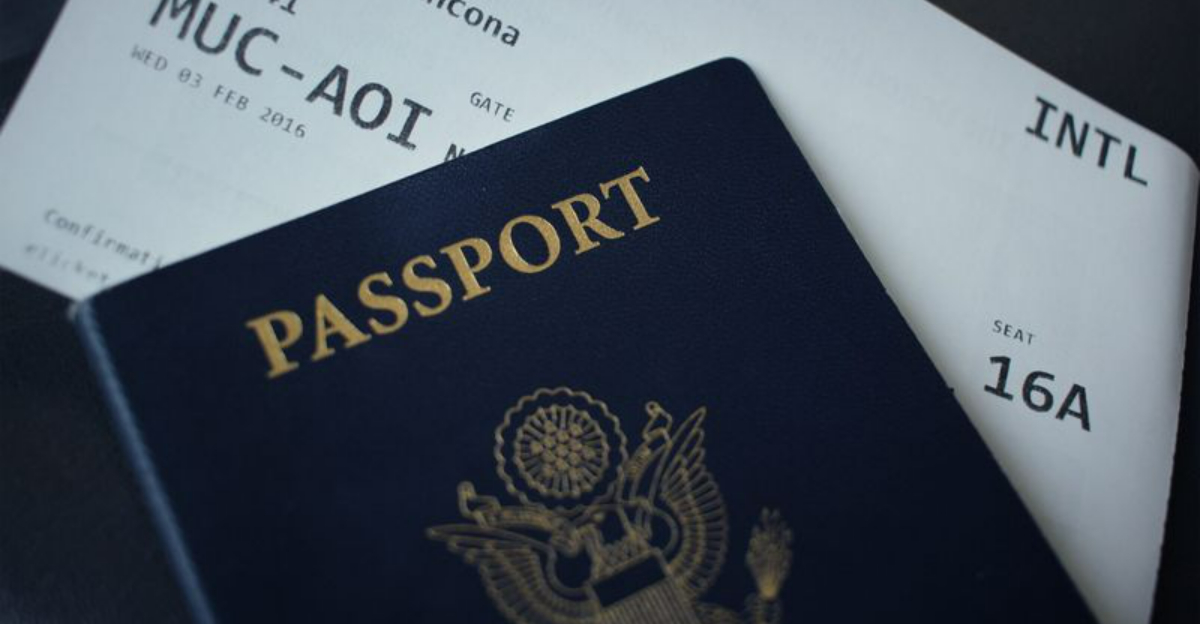
Passports are our golden tickets to global adventure, but there’s a ton of confusing information floating around about these little blue books. From bizarre renewal rules to strange photo requirements, these myths can trip up even seasoned travelers.
Let’s clear the air about what’s actually true when it comes to your U.S. passport before your next international journey.
1. Everyone Needs Six Months Passport Validity

Many countries do require this famous six-month validity rule, but it’s not universal! The requirement varies wildly depending on your destination. Some nations only need your passport valid for the duration of your stay, while others want three months beyond your departure date.
Mexico and Canada, for instance, don’t enforce the six-month rule for Americans. Before booking that international flight, I always recommend checking the specific entry requirements for your destination country on the State Department website.
Relying on outdated or generalized advice could leave you stranded at the border with a perfectly legal but technically inadequate passport.
2. Passport Cards Work for All International Travel
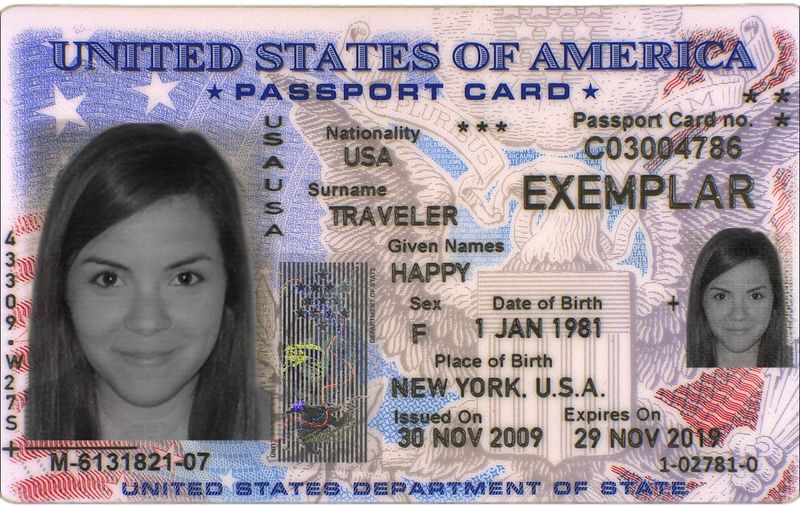
Passport cards seem like the perfect wallet-friendly alternative at just $65 compared to $165 for a passport book. Their convenience is seriously limited, though! These wallet-sized cards only work for land and sea travel to Canada, Mexico, Bermuda, and the Caribbean.
If you’re dreaming of a European vacation or flying anywhere internationally, you’ll need the traditional passport book. No exceptions!
The passport card was created primarily for border communities who frequently cross into Mexico or Canada by car. Many travelers purchase one only to discover its limitations when trying to book their first flight abroad.
3. Rush Processing Takes Just a Few Days
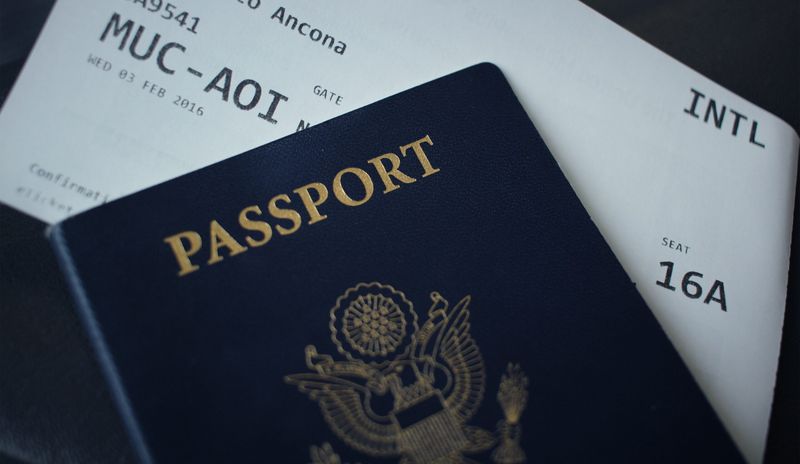
Emergency passport services aren’t the overnight miracle many travelers expect! Even with expedited processing (which costs an extra $60), you’re looking at 2-3 weeks for processing during normal operations. The 24-hour turnaround is reserved for genuine life-or-death emergencies only.
During peak travel seasons or government backlogs, even expedited service can take longer than advertised. The current processing times are always changing.
Planning ahead is your best strategy—apply at least 4-6 months before international travel during normal times, and even earlier during high-volume periods like summer vacation season.
4. Smiling Is Forbidden in Passport Photos

The no-smile rule is more nuanced than most people realize! You actually can smile in your passport photo—just keep it natural and subtle. What’s prohibited are those big toothy grins or exaggerated expressions that change your facial features.
Government facial recognition software needs to identify your everyday appearance. A neutral expression with a slight, closed-mouth smile works perfectly fine.
Other common photo mistakes include wearing glasses (even non-tinted ones are prohibited now), having hair covering your face, or wearing headphones. The background must be plain white or off-white, and those beloved Snapchat filters definitely won’t fly with the State Department!
5. Name Changes Require a Brand New Passport
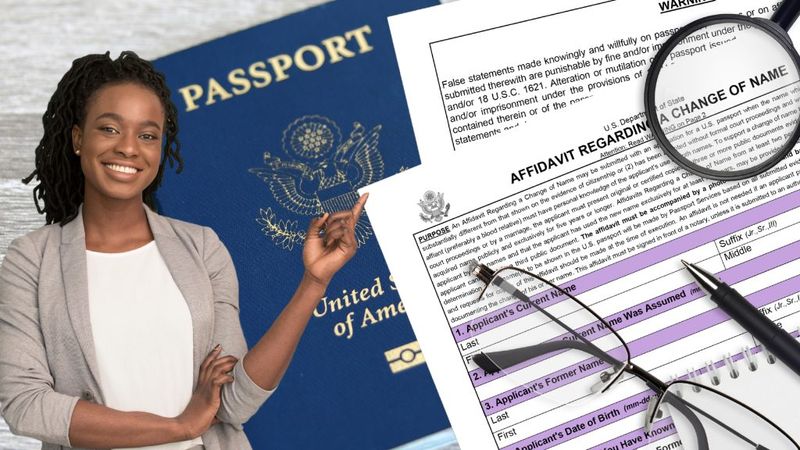
Getting married or divorced doesn’t automatically mean starting the passport process from scratch! If your passport was issued less than a year ago, you can get a free name change. For passports issued within the last 15 years, you’ll use form DS-82 (the renewal form) rather than applying for a completely new document.
You’ll need to submit your current passport, name change documentation, and a new photo. The process is much simpler than most people think.
What surprises many travelers is that you can actually travel with a passport in your maiden name alongside your marriage certificate as proof of name change, though this can sometimes cause confusion at international borders.
6. Dual Citizens Must Choose One Passport
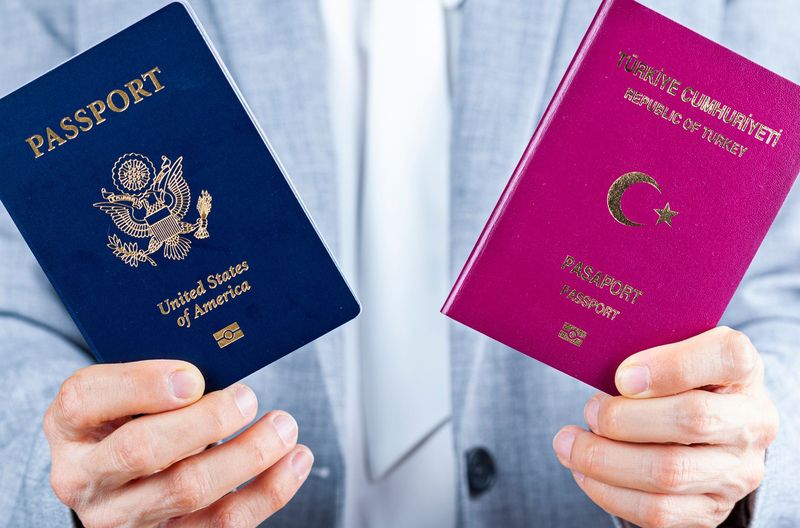
The U.S. government doesn’t force you to pick just one nationality! While some countries prohibit dual citizenship, the United States has no such restriction. You can legally hold passports from multiple countries if you qualify for them through birth, descent, or naturalization processes.
There are practical rules to follow, though. Americans must use their U.S. passport when entering and leaving the United States, even if they have other passports.
This flexibility creates travel advantages—you might avoid visa requirements or enjoy faster entry lines when visiting your second country of citizenship. Just remember that each country considers you their citizen when you’re in their territory.
7. Children Don’t Need Their Own Passports

Gone are the days when kids could simply be listed on their parents’ passports! Since 2001, every U.S. citizen regardless of age needs their own passport for international travel. Even newborn babies require individual passports with their own photos—try getting a 2-month-old to look at the camera with a neutral expression!
Child passports are valid for only 5 years instead of the standard 10 years for adults. This shorter validity reflects how quickly children’s appearances change.
Both parents or legal guardians must typically be present when applying for a child’s passport, or the absent parent must provide notarized consent. This requirement helps prevent international parental child abduction cases.
8. Damaged Passports Are Still Valid for Travel
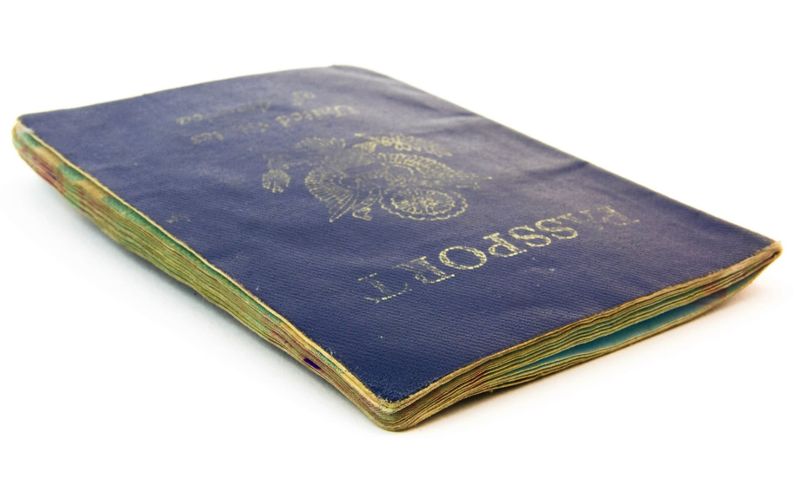
That washing machine cycle or coffee spill could ground your travel plans completely! Customs officers worldwide can deny entry if your passport shows signs of significant wear, water damage, or unauthorized markings. Even minor damage to the information page or electronic chip can render your passport invalid.
Normal wear from regular use is generally acceptable. The key distinction lies in whether the damage affects the passport’s integrity or your identifiability.
If your passport has been through a rough experience, it’s better to replace it before travel rather than risk being turned away at a foreign border. Water damage is particularly problematic as it can affect the electronic chip embedded in modern passports.
9. You Can Add Extra Pages to Your Passport
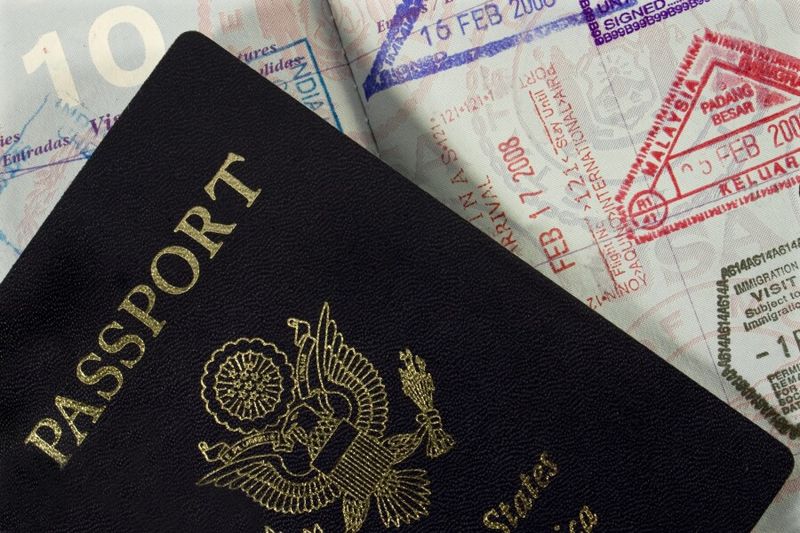
The beloved page-addition service ended in 2016, much to frequent travelers’ dismay! Previously, you could request extra pages when your passport filled up with stamps and visas. Now, once those pages are full, your only option is to apply for a completely new passport.
For globetrotters who rack up border crossings quickly, the State Department now offers a 52-page passport book as the standard option. The old 28-page version has been discontinued.
If you’re a frequent international traveler, I recommend being strategic about where officials place stamps and visas. You can politely request they use pages that already have stamps rather than blank ones to maximize your passport’s lifespan.
10. Passports Must Be Renewed Before Expiration
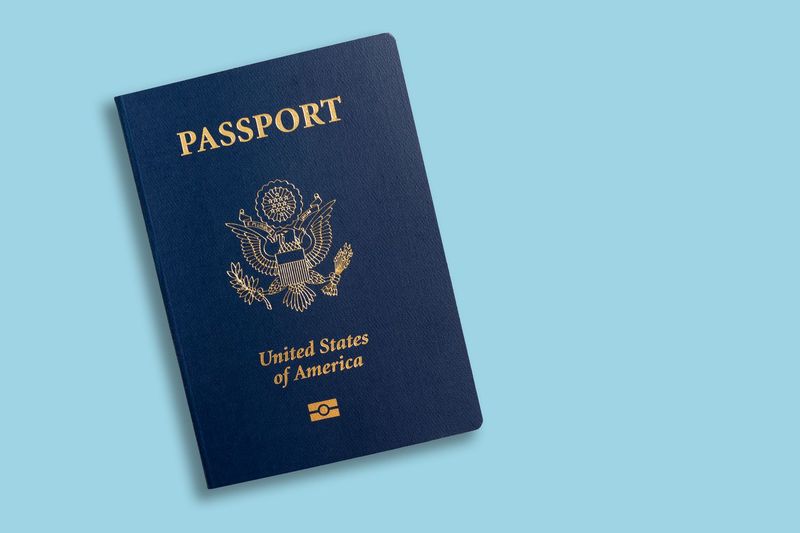
Unlike driver’s licenses, passports can actually be renewed anytime during their validity period or even after they expire! There’s no penalty for early renewal, and your new passport’s 10-year validity period starts from the issue date, not the expiration date of your old passport.
Some travelers strategically renew early to avoid the summer rush or to ensure they have a valid passport for upcoming travel that requires the six-month validity rule.
Even expired passports can be renewed using the simpler DS-82 form (mail-in renewal) as long as they expired less than 15 years ago and were issued when you were 16 or older. This saves you from starting the application process from scratch.
11. Passport Agencies Are the Only Place to Apply
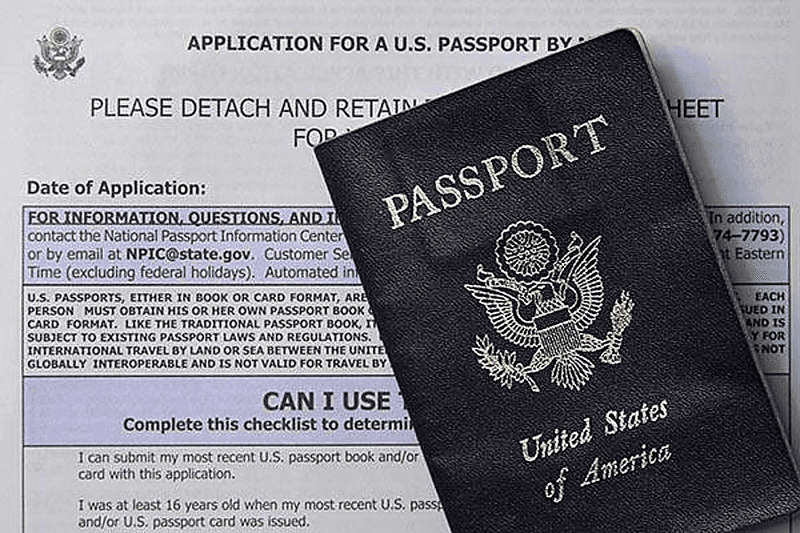
Passport acceptance facilities exist in nearly every community across America! While dedicated passport agencies handle expedited cases, routine applications can be submitted at over 7,500 locations nationwide, including post offices, public libraries, county clerk offices, and some AAA branches.
These local facilities handle first-time applications and renewals for those who can’t use the mail-in option. You’ll need an appointment at most locations.
The actual passport agencies—only 26 nationwide—are reserved for urgent travel needs within 14 days or for those needing foreign visas within 28 days. Most travelers never need to visit these regional offices if they plan ahead for their passport needs.
12. Criminal Records Automatically Disqualify You
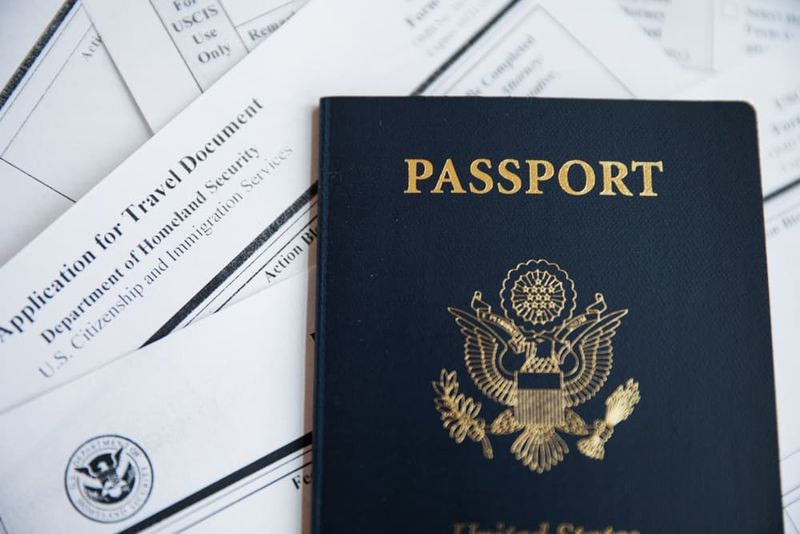
Having a criminal history doesn’t necessarily prevent you from getting a U.S. passport! Most convictions, including felonies, don’t impact your eligibility as a citizen. The exceptions are very specific: international drug trafficking convictions, certain treason-related crimes, or owing more than $5,000 in child support.
Even with a valid U.S. passport, entry to foreign countries is a different matter. Many nations have their own restrictions regarding visitors with criminal records.
Canada, for example, may deny entry to travelers with DUI convictions, while Japan has strict rules about drug offenses. Your passport might be valid, but research destination country policies before booking non-refundable travel if you have a record.
13. Digital Passport Copies Are Worthless
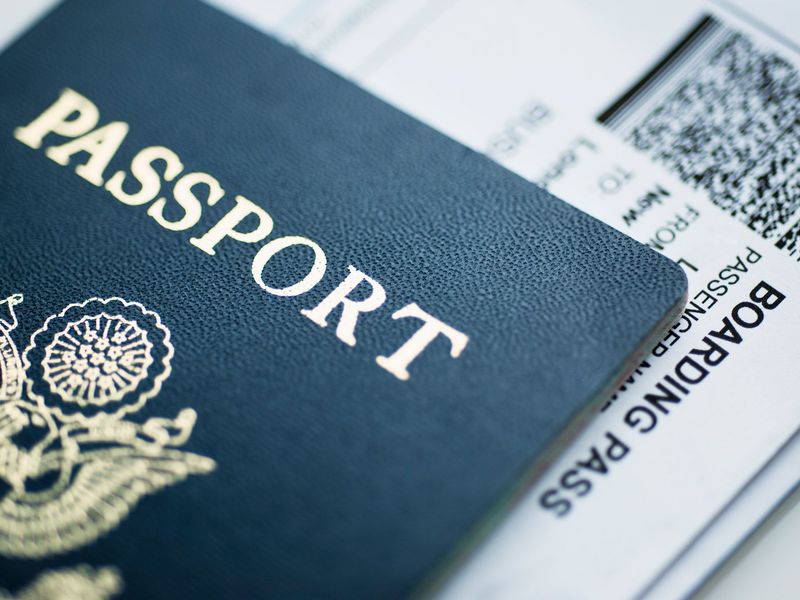
Digital copies of your passport can be incredibly valuable in emergency situations! While a photocopy or digital scan can’t replace your physical passport for border crossings, it dramatically speeds up replacement if yours is lost or stolen abroad.
Having access to your passport details helps you complete the forms required for an emergency replacement. I recommend storing a secure digital copy in your email or cloud storage and leaving another copy with a trusted person back home.
For extra security during travel, keep the copy separate from your actual passport. Some travelers even carry a photocopy while exploring and leave their real passport locked in their hotel safe to prevent theft in tourist areas.
14. All Countries Accept U.S. Passports Without Visas
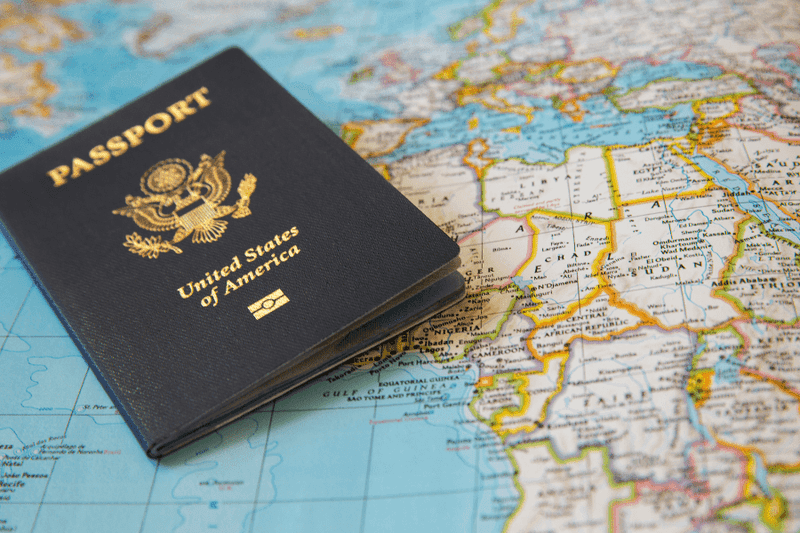
American passport privilege is real but has limits! While U.S. citizens enjoy visa-free or visa-on-arrival access to about 185 countries, several major destinations require advance planning. China, Russia, Brazil, India, and Vietnam all require Americans to obtain visas before arrival.
These visa applications can take weeks or even months to process. Some require in-person interviews, specific supporting documents, or detailed itineraries.
Even countries with visa-free entry often have other requirements. Australia and New Zealand require electronic travel authorizations that must be obtained before boarding your flight. Always research entry requirements at least a few months before international travel—never assume your blue passport is an all-access pass.
15. Your Passport Number Never Changes
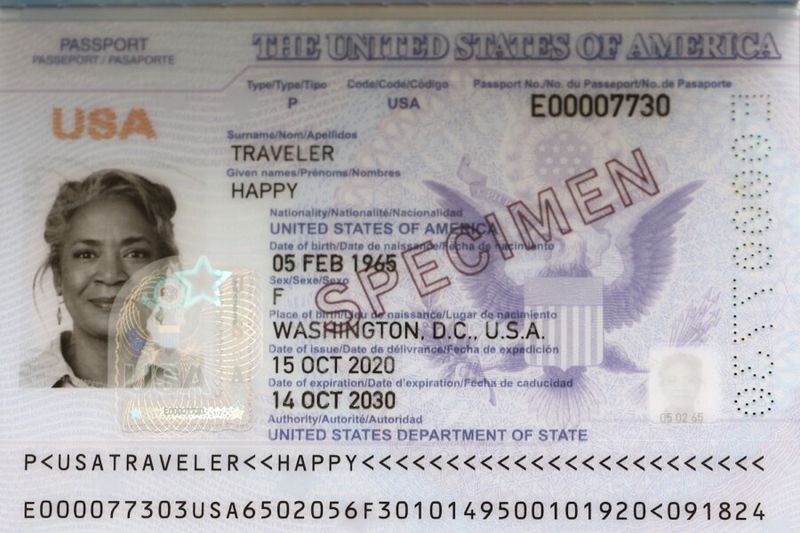
Every new passport comes with a completely new number! Unlike Social Security numbers that stay with you for life, passport numbers change with each renewal or replacement. This surprises many travelers who assume their identifier remains consistent.
This regular change actually serves as a security feature, making it harder to track individuals or forge documents. It also means you need to update your passport information with airlines, hotels, and visa services each time you renew.
For frequent international travelers, this requires updating Global Entry, TSA PreCheck, and other trusted traveler programs. Many countries also require your passport information when booking hotels or tours, so always check these reservations after getting a new passport.
16. Microwaving Your Passport Deactivates Government Tracking Chips
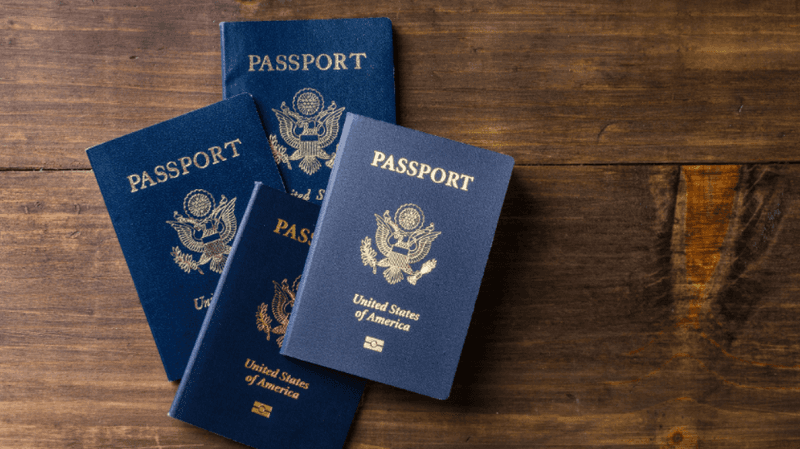
Conspiracy theorists have spread this bizarre claim across internet forums for years. The myth suggests that U.S. passports contain secret tracking microchips that allow the government to monitor citizens abroad, and that a quick zap in the microwave will “liberate” you from surveillance.
In reality, passports do contain RFID chips, but they only store the same information printed in your passport – nothing more sinister. Microwaving your passport won’t enhance your privacy; it will only destroy a perfectly valid travel document and cost you $165 for a replacement.
The State Department specifically warns against exposing passports to extreme temperatures. This myth remains particularly popular among certain off-grid communities and doomsday preppers.
17. Presidential Signatures Give Your Passport Special Powers
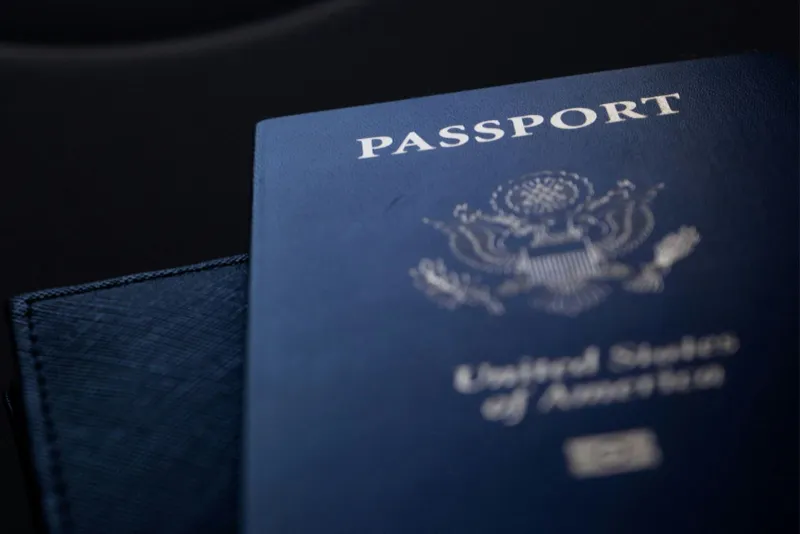
A peculiar myth circulating in travel circles claims that getting your passport signed by a sitting U.S. president grants you diplomatic immunity or special treatment at foreign borders. Some variations suggest presidential signatures allow you to bypass security lines or receive automatic upgrades on flights.
Federal law actually prohibits writing or marking in your passport unless authorized by the Department of State. Adding unauthorized markings, even a presidential signature, could invalidate your passport entirely.
This myth gained traction during the early 2000s when several celebrities were photographed asking presidents to sign memorabilia. The reality? The only signature that belongs in your passport is your own.
